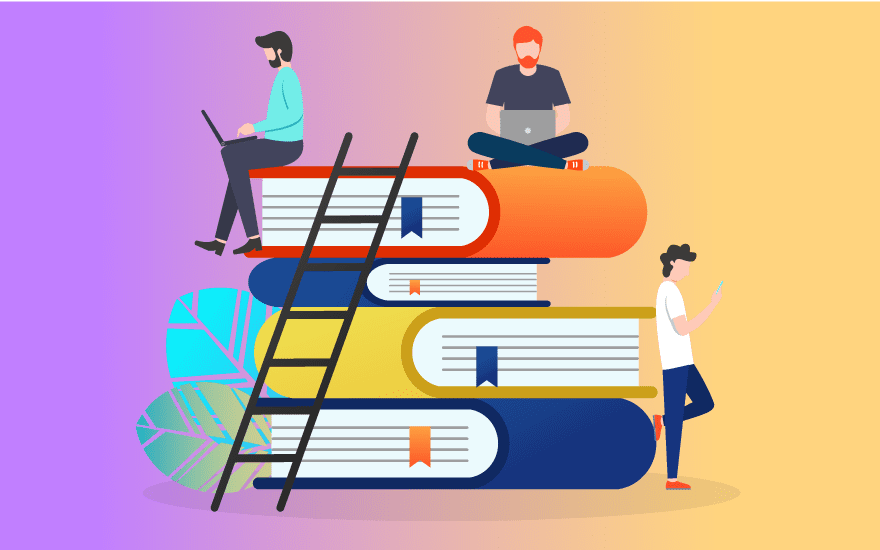It was a matter of survival for Filipe da Silva to go to the streets. “Unfortunately, Brazil chose a murderer,” the 28-year-old said last month as he and hundreds of other protestors marched through the beach city of Fortaleza to denounce the president's handling of the Covid epidemic, which has claimed the lives of over half a million people.
Eduardo Ramos joined the greatest rallies in Cuba's post-revolutionary history to demand political freedom and express his outrage over the pandemic's difficulties. “Millions of people like me have lost their youth,” said the 18-year-old Cuban, who scrapes by selling avocados and mangoes after losing his $20-a-week (£14) bus ticket job to Covid.
Silva and Ramos were protesting against two distinct systems: Jair Bolsonaro's far-right government in Brazil and Cuba's communist tyranny. Both, though, are manifestations of what many believe is a new wave of Covid-fueled social and political upheaval sweeping the area in response to the pandemic's ravages, which have claimed the lives of over 1.4 million people in Latin America and the Caribbean.
“People are pissed and they don’t have a lot of options,” said Christopher Sabatini, a senior fellow for Latin America at the Chatham House think tank. “As people’s quality of life deteriorates, political stability also deteriorates.” Sylvia Colombo, a Brazilian journalist for the Folha de S. Paulo newspaper who covers the region from Argentina, said she was bracing herself for “transformations and new tensions” in the coming months.
Colombo authored a book on the unusual turmoil that had seized the area on the eve of the epidemic, from Venezuela and Bolivia to Chile, during last year's lockdown in Buenos Aires. She dubbed 2019 the "year of anger" in Latin America.
Covid, which first hit Latin America in February 2020, essentially subdued that outrage, with countries shutting down and protestors fleeing. But it's back today, with protests erupting in Paraguay, Guatemala, and Colombia, with at least 44 demonstrators dead since the turmoil began in April.
“Everything indicates that there will be a fresh wave [of volatility].” Colombo believes Covid highlighted “Latin America's pre-existing conditions,” such as poor health and welfare systems, deep inequality, and a large and vulnerable informal sector. “If the pandemic pushed people off the streets on the one hand, it exacerbated all of these issues on the other hand,” Colombo said of an area with 8.4% of the world's population but 32 percent of Covid fatalities.
So far, the most unexpected upheaval has occurred in Cuba, where tens of thousands of people came to the streets on July 11 for the largest protests since Fidel Castro's 1959 revolution. The dissidents, who took to the streets in every city and province, had a variety of concerns, including a lack of political liberties under one-party control. However, many were motivated in part by the human toll of Cuba's greatest economic downturn since the early 1990s, when the Soviet Union's dissolution drove the country into a "special era" of famine and hardship.
There is also widespread rage in Brazil about the Covid-ravaged economy, the estimated 8 million jobs lost during the epidemic, and the reappearance of famine. “This is a humanitarian crisis,” said Julio Lancellotti, a Catholic priest who has been battling hungry residents on the streets of So Paulo, the country's wealthiest metropolis.








0 Comments